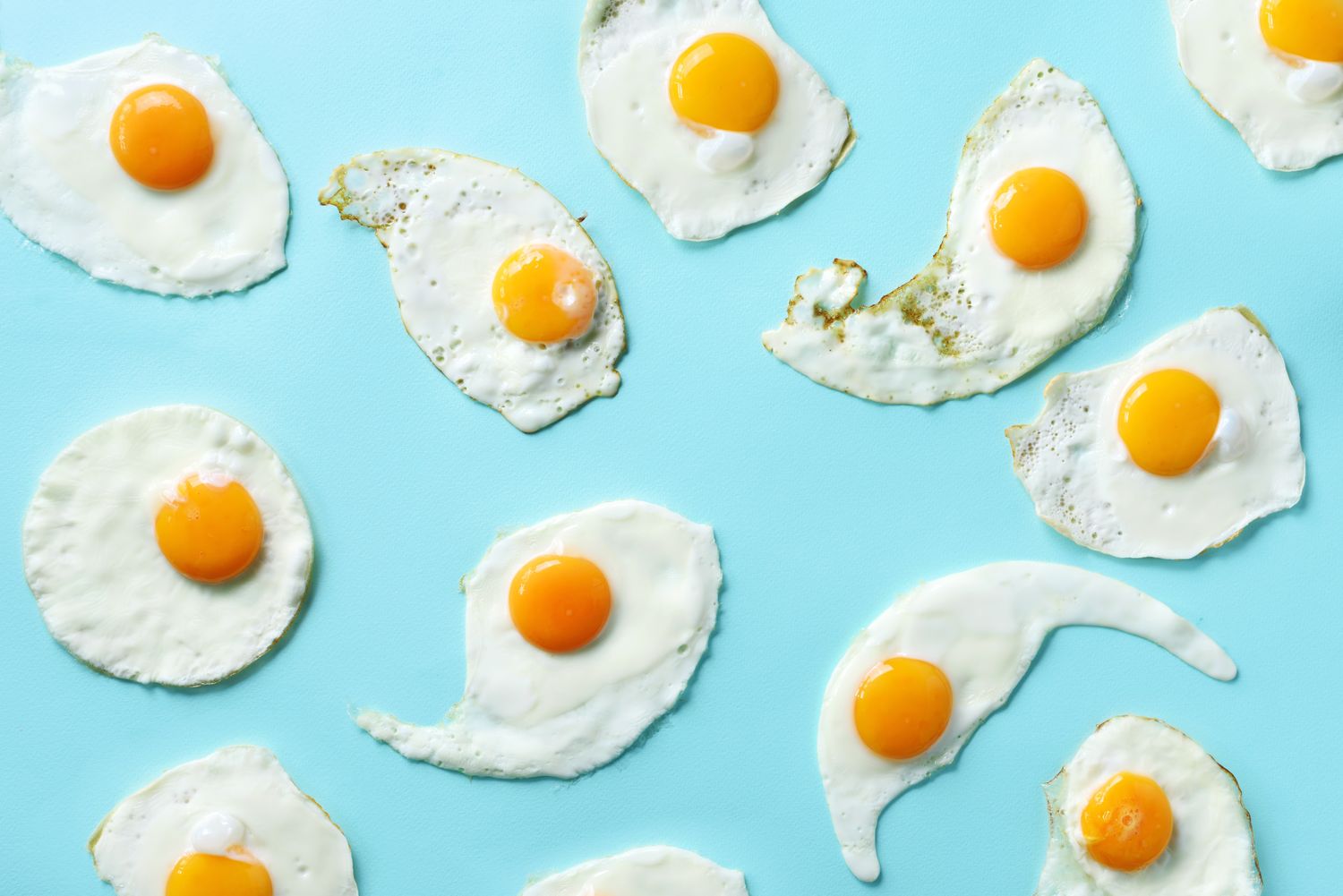If you usually reach for a protein-packed post-gym meal, how much of that nutrient does your body actually absorb?
The internet is full of claims about a so-called “protein intake ceiling,” the idea that your body can only absorb a limited amount of protein per meal. But absorption isn’t really the issue—it’s how much your body can use.
When it comes to muscle recovery and growth, what matters most is muscle protein synthesis (MPS). That process depends on how much protein your body can use to build and repair muscle, not simply how much it absorbs from a single meal.
If you don’t have a condition that affects protein absorption and storage, such as kidney disease or a gastrointestinal disorder, you’re likely absorbing most of the protein you eat.
Some studies suggest a plateau in how much protein supports MPS: about 40-70 grams of high-quality protein per meal in young adults, and around 32 grams in older adults, who process protein less efficiently.
However, research doesn’t confirm a strict upper limit. MPS is also influenced by genetics, age, physical activity, and even how well you chew your food.
This idea of a “protein ceiling” likely came from older studies, but newer research challenges it. Your body breaks down protein into amino acids during digestion, and while that takes time, the process is usually complete. Eating more protein may slow digestion, but it won’t stop absorption.
Ultimately, your body may not need more protein beyond that useful range for muscle building. Excess protein can be used for other purposes, or, if it’s significantly more than needed, it’d be converted into fat for storage.
Your ideal protein intake depends on your weight and goals, so focus on your total daily intake rather than how much you get from one meal. Research shows that overall protein consumption is more important than perfectly timing each serving.
To maximize protein absorption and muscle growth, aim for balanced meals throughout the day. And remember, eating protein alone isn’t enough. Consistent exercise is essential for building muscle.
Verywell Health uses only high-quality sources, including peer-reviewed studies, to support the facts within our articles. Read our editorial process to learn more about how we fact-check and keep our content accurate, reliable, and trustworthy.
-
Lv X, Zhou C, Yan Q, Tan Z, Kang J, Tang S. Elucidating the underlying mechanism of amino acids to regulate muscle protein synthesis: effect on human health. Nutrition. 2022;103-104:111797. doi:10.1016/j.nut.2022.111797
-
Park S, Jang J, Choi MD, et al. The anabolic response to dietary protein is not limited by the maximal stimulation of protein synthesis in healthy older adults: a randomized crossover trial. Nutrients. 2020;12(11):3276. doi:10.3390/nu12113276
-
Loveday SM. Protein digestion and absorption: the influence of food processing. Nutr Res Rev. 2022;36(2):544-559. doi:10.1017/s0954422422000245
-
Deutz NE, Wolfe RR. Is there a maximal anabolic response to protein intake with a meal? Clin Nutr. 2013;32(2):309-13. doi:10.1016/j.clnu.2012.11.018
-
Trommelen J, Van Lieshout GAA, Nyakayiru J, et al. The anabolic response to protein ingestion during recovery from exercise has no upper limit in magnitude and duration in vivo in humans. Cell Rep Med. 2023;4(12):101324. doi:10.1016/j.xcrm.2023.101324
-
Groen BB, Horstman AM, Hamer HM, et al. Post-prandial protein handling: you are what you just ate. PLoS One. 2015;10:10(11):e0141582. doi:10.1371/journal.pone.0141582

Thanks for your feedback!
What is your feedback?
Helpful
Report an Error
Other
